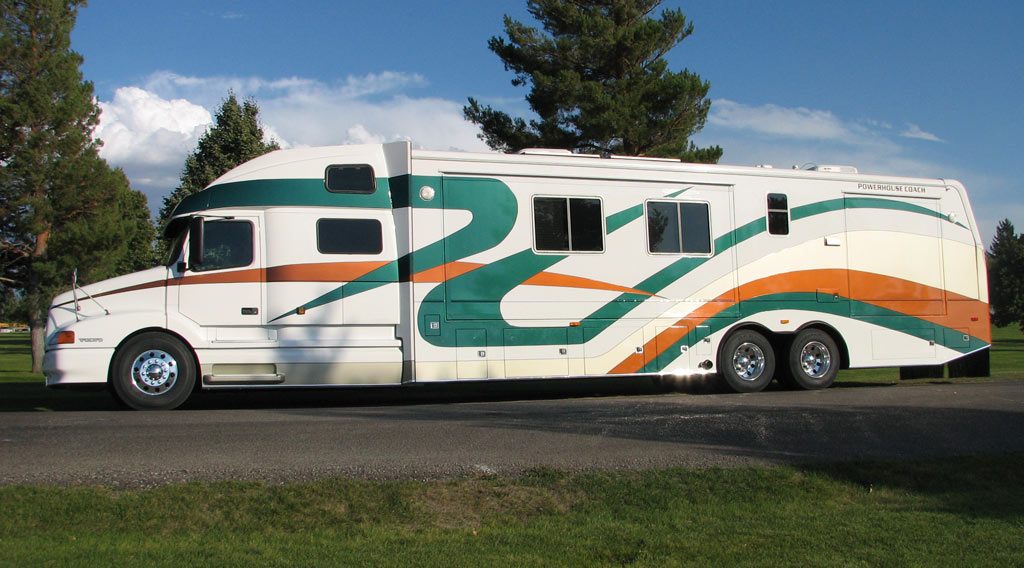Owning an RV can be an exciting time with adventures to new places. First, however, owners must ensure they have the proper insurance coverage to keep themself protected. The first step in choosing Florida RV insurance is understanding the policies required for a recreational vehicle.
Florida RV Insurance Minimums
Everyone must carry specific minimum coverages on a Florida RV to register it. When looking for insurance, shoppers need to make sure that the policy includes at least the following:
- $10,000 personal injury protection
- $10,000 property damage liability
Personal Injury Protection
Personal injury protection (PIP) coverages pay for injuries if they are in an accident, regardless of who is at fault. PIP coverages will pay 80% of reasonable medical expenses for treating wounds. In addition, the coverage pays 60% of the wages lost due to being unable to work. Finally, they pay up to $5,000 in death benefits if death results from the accident.
Property Damage Liability
Property damage liability for Florida RV insurance covers damages to personal property. For example, vehicles, fences, buildings, or utility poles may be damaged due to negligence while driving the RV.
While these are the minimum coverages required by Florida law, remember that the driver will pay out of pocket for any costs over these minimums. For example, medical procedures can quickly surpass the PIP minimums if in a severe accident. In addition, if they hit another vehicle, $10,000 will generally not cover the cost of replacing most vehicles. Having that limit means they will have to pay the extra costs out of pocket, quickly resulting in financial difficulty.
Other Florida RV Insurance Coverages
One of the most recommended additional coverages is Bodily Injury Liability. This coverage pays for any injuries that other drivers or passengers incur during an accident that is their fault. This coverage will also assist with any legal fees resulting from a lawsuit against them due to the accident.
While Florida RV insurance laws do not require bodily injury coverage, there are some things they should consider. First, if the police deem the accident is the driver’s fault, they will be required to pay for the other party’s medical bills that result from the accident. Suppose they choose to omit these coverages and are in an at-fault accident. In that case, Florida suspends their license until they fully pay those medical expenses. Additionally, drivers must carry these three-year coverages and file financial responsibility.
Carrying the required Florida RV insurance coverages may be tempting to save money. However, most accidents result in much higher costs than these minimums. Therefore these costs will come out of the driver’s pocket. Therefore, to ensure they do not have to pay the additional costs, they should consider opting for higher coverage amounts.



Comments are closed.